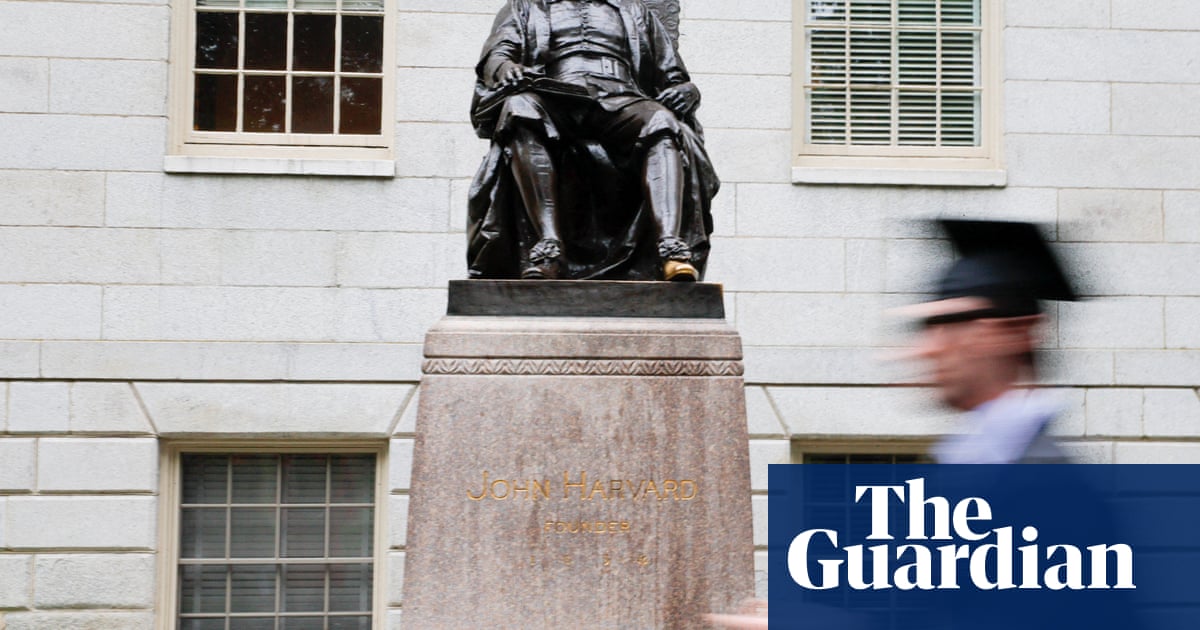Donald Trump recently issued a proclamation aimed at restricting foreign student visas for Harvard University. This move is part of an ongoing conflict between the Trump administration and the Ivy League school, which is known for its high percentage of international students.
In his executive order, Trump suggested that allowing Harvard to host foreign students could harm national security. He claimed that Harvard’s actions have made it an unsuitable place for international students. This sentiment reflects a larger narrative around immigration and national security that has been a focal point for this administration.
The battle isn’t new; the Trump administration has long been in a standoff with Harvard. Officials have demanded various reforms, which the university argues would threaten its independence. Moreover, the government has cut millions in research funding to the school, further escalating tensions.
The recent order is an attempt to tighten the screws even more. Just last month, Harvard’s certification for its student and exchange visitor program was revoked during a dispute over a records request with the Department of Homeland Security (DHS). Harvard claims it complied with the request, but the DHS disagreed.
Interestingly, a federal court in Boston recently blocked the DHS from enforcing this ban on international students. Despite this setback, the administration has required US consulates to review the social media of visa applicants looking to study at Harvard. This move has sparked conversations about privacy and the extent of government surveillance.
In a statement, the White House expressed its view that foreign students should ideally “love our country.” This rhetoric reflects broader trends in public sentiment and policy discussions around immigration, highlighting the administration’s focus on a specific narrative regarding who can enter the US.
Experts argue that these policies could have long-term impacts on higher education in America. According to a recent study by the Institute of International Education, the number of new international student enrollments in the U.S. dropped by 43% in recent years, partly due to restrictive visa policies. This decline not only affects schools financially but also diminishes cultural exchange.
Importantly, international students contribute billions to the U.S. economy each year. With graduate schools like Harvard relying heavily on these students, any reduction in enrollment could have serious ramifications for funding and academic diversity.
In summary, the tension between the Trump administration and Harvard University is playing out against a backdrop of broader debates on immigration and national identity. As this situation evolves, it raises questions about the future of foreign students in American institutions and the potential consequences for both education and the economy.
Source link



















